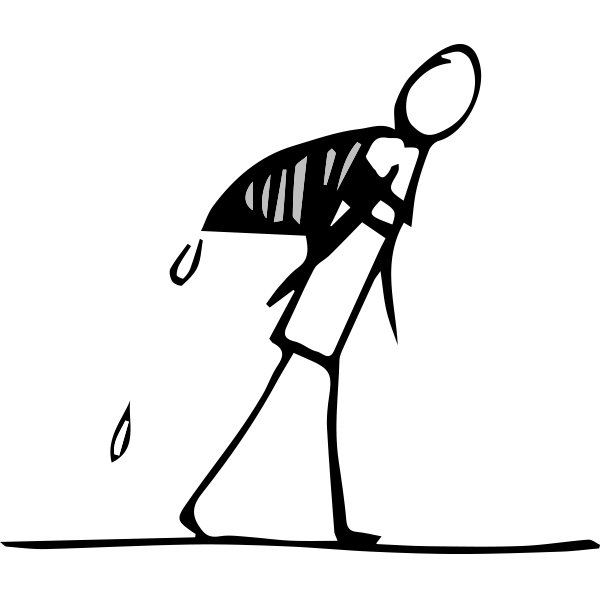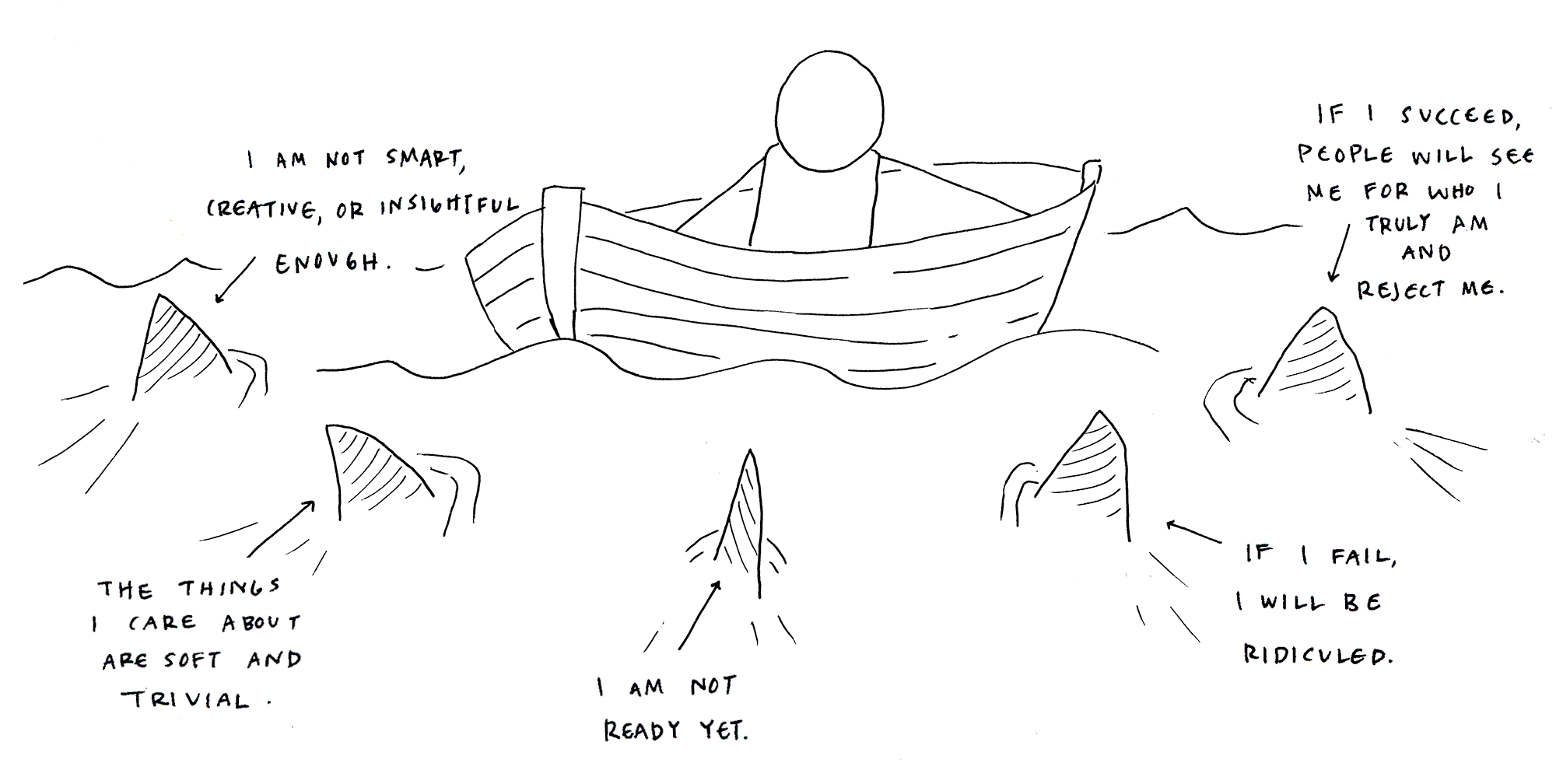After a long drive and ferry ride. After packing the cars. After taking down the Christmas tree. After time with friends and family. After Christmas concerts. After finding a whole Scotch Bonnet. After star gazing and dodging cats (and their poop) on walks with Rusty. After dolphins and rainbows. After raw wind and storms. After warm days long past their due. After being chased by a dog and circled by a hawk. After making and experiencing one of the best decisions ever, we are home.
About a month ago, I was sitting on the couch writing morning pages when I heard an abrupt and familiar whackthump. A bird had flown into the window. I winced and got up to assess and I saw it lying on the ground, upright, panting, and otherwise not moving.
I knew the bird wouldn’t last a minute in its current state. Ocracoke is home to dozens if not hundreds of the fattest and most fearless feral cats — Ocracats — I’ve ever seen. And our area of the island happened to home a large percentage of them. I thought of something Frances once told me — to always make way for life — and I put on a coat and went outside to stand watch.
I sat about ten feet from the bird and waited. I tried not to scare it. I had no desire to rush it. I simply sat and watched it for what felt like a long time. Eventually, it did fly and with a start. One second it sat immobile and the very next it was gone and I never saw it again.
As I sat watching that bird, I didn’t know if it would ever fly again. So much of my Ocracoke experience was like that. It was unknown until it was known. And even though each and every moment of those three months is known at this point, there’s still much unknown about it. What will come of the relationships we’ve begun? Will we keep our new routines and perspectives? Who will we be as a result of this experience?
One last story.
Leslie owns a bookshop (the bookshop) on the island. It’s called Books To Be Red. We went there frequently because we love it and she’s awesome and it’s something to do. We always chatted and were friendly and it was the sort of thing we could do anywhere but usually don’t.
A week or so ago, we stopped by Leslie’s store to buy toy walkie talkies. Jen and I were driving separate cars home and we thought it’d be nice to use them instead of our phones. Leslie showed us the set she had but once we told her our plans, she didn’t recommend them. She didn’t trust that the toy ones would have the range we needed to communicate.
Later that day, I got an email from her. She wrote that her son had a pair of real walkie talkies that we were welcome to use and could ship them back once we got home. We stopped by the store the next day and picked them up.
On the morning we were set to leave, Leslie texted at 7:32 am. She was on the 7:30 ferry with her son Andrew, a freshman at UNC, who she was driving back to school after winter break. Just as the ferry launched, he realized that he forgot his dorm key. Even though they were only two minutes from the island, they were essentially seven hours away from his keys (the three hour ferry to mainland, the wait for the next one, and the three hour ferry back to Ocracoke).
Leslie wanted to know if we might grab the key and meet them in the Triangle later that day. It was effortless to say yes and so right to be able to reciprocate her frequent kindness to us. We met them at REI a few hours later, dorm key and walkie talkies in hand.
These stories remind me of something I learned time and again in Ocracoke - to give from a place that has. The morning I watched the bird, I wasn’t sacrificing to stand watch. I suppose Ocracoke didn’t sacrifice much by being so very much Ocracoke in our time there. But it was exactly what we needed.
In the words of Rilke, “In the course of my work this last long winter, I have experienced a truth more completely than ever before: that life’s bestowal of riches already surpasses any subsequent impoverishment. What, then, remains to be feared? Only that we might forget this! But around and within us how much it helps to remember!”
Or in my own words, dated the morning of 12/30/14, “I am deeply grateful to this place. And to my past self for finding and trusting a way here. This time, while I am sad to experience the end of it, was enough. I am grateful for this perspective and for the truth behind it. I have the eyes to see how my life is wonderful.”
Ocracoke showed me that we have. And when we give from that place, we have even more.























